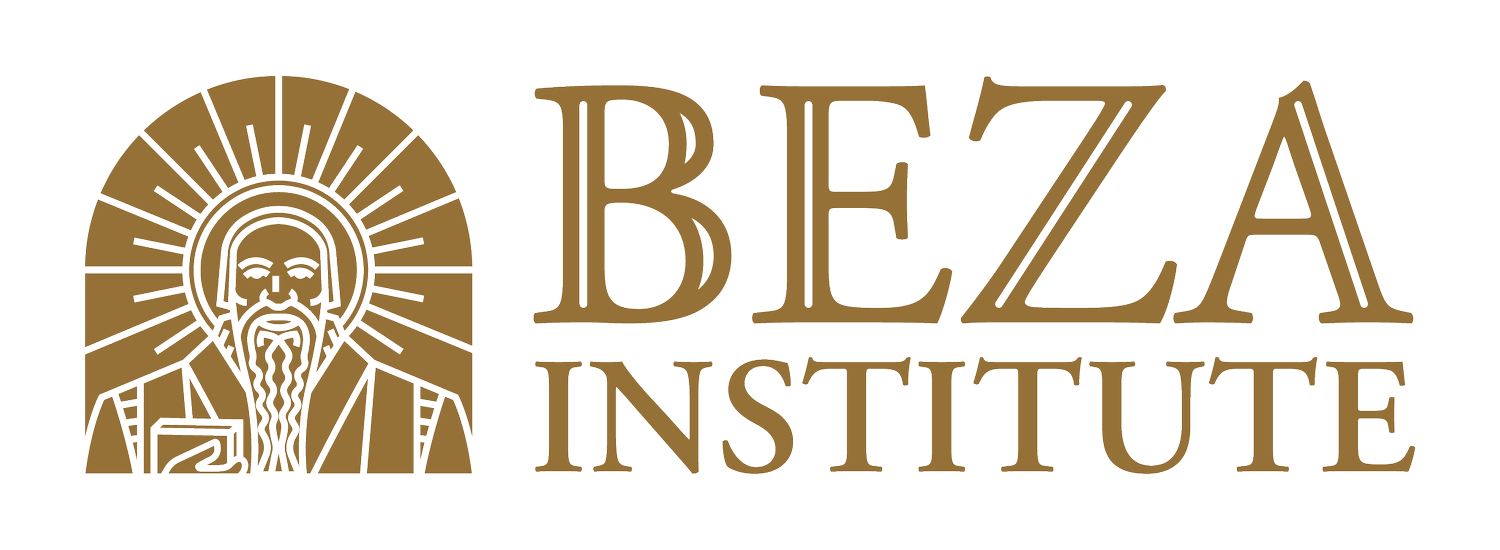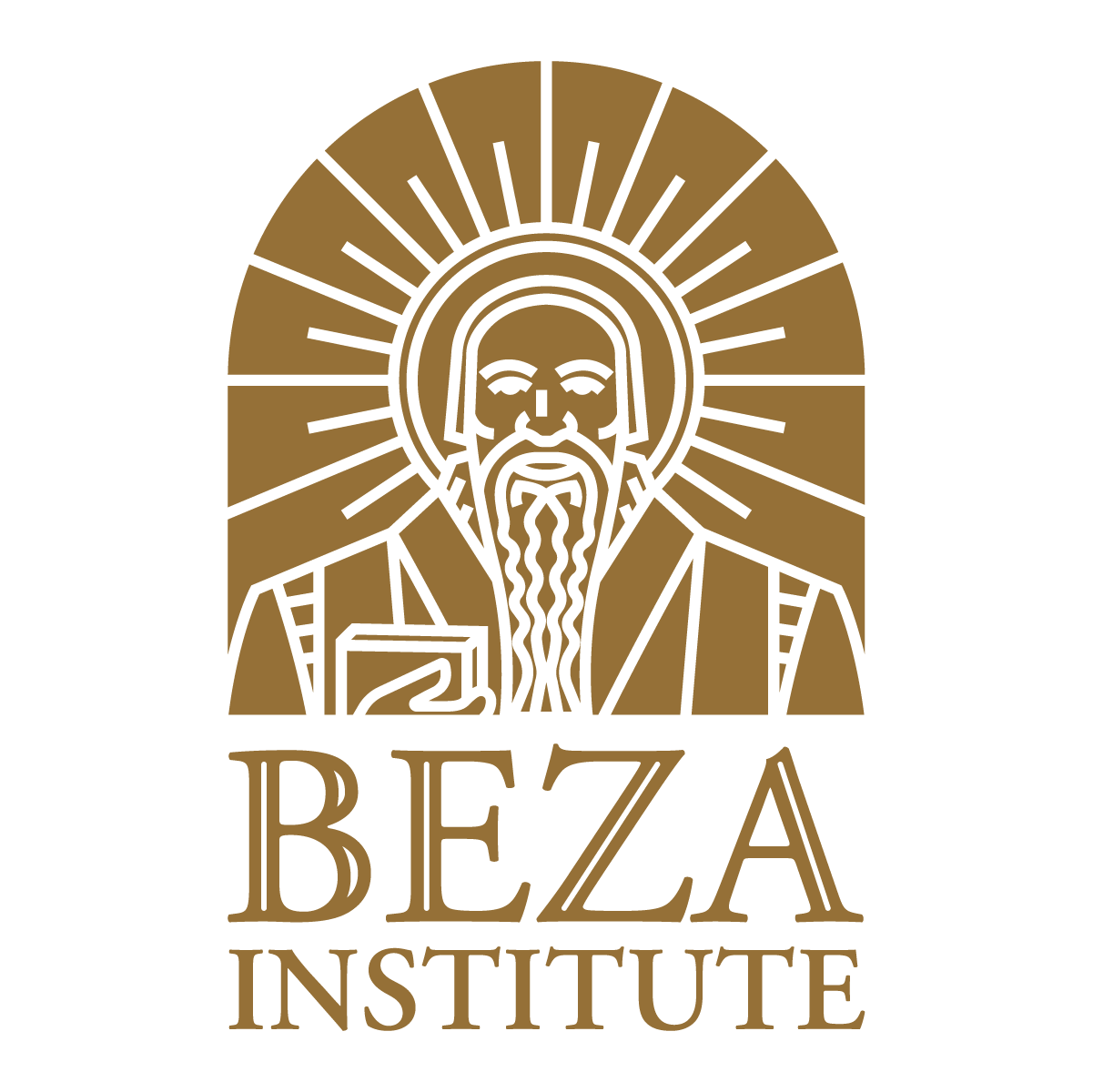Misinformation and the Crisis of Logic
It has been over two years since “misinformation” was all the rage. Using the now famous buzzword, Social media outlets, news organizations, and political operatives were quick to label sensational stories or counter arguments as “false.” In some cases, there were nefarious campaigns to flood the airwaves with false narratives. But usually, the aggressive push to eliminate “misinformation” was just an excuse to silence opposition. This was recently confirmed by a federal judge who placed an injunction on the White House, keeping it from collaborating with such companies as Facebook, Twitter, Instagram, et. al. While this seems to be a victory for free speech advocates and a setback for allies of government intervention, the entire political saga is nothing more than an allegory for a much more pressing crisis; Americans seem to have lost all ability to independently and logically discern truth.
A perfect example was the ill fated, but meteoric rise and fall of Biden’s proposed misinformation board. Early in his tenure it was announced that a government controlled entity would filter and work to identify all misinformation. More significantly, it would then use the full authority and force of the federal government to keep such stories from entering the public discourse. This was disturbing on several levels. First, the constitutional question of free speech was at stake. Second, regardless of political bent or bias, those controlling the definition of misinformation would determine control of all information. Third, and finally, the fact that the government felt the need to even propose such an office suggested that misinformation was out of control, rampant and in need of a government watchdog. Conservatives were quick to pounce on these inherent problems and the whole project seemed to fade away as quickly as it arose. Most concerningly, however, was the fact that the proposal of a “misinformation board” ignored reality.
Information has been, and always will be, subject to ‘framing.’ This doesn’t always mean out-right lies. It simply means re-casting information for an intended purpose. The word propaganda means “to propagate a particular point of view” or more simply it is “pro-agenda.” But, the issue is so pervasive that people feel the need to guard and protect against it. Twitter, facebook, youtube, and instagram retooled their community standards and routinely police their “information” for violators. Warning labels are sometimes now attached to opinion pieces and shared articles or videos. Hence the need for a board to govern all of this. The implication is that the misinformation was and is so bad, it is costing lives. If that is true, the real tragedy is not the fact that misinformation exists, but rather the fact that people are susceptible and amenable to it. In other words, it is a sad state of affairs when the government feels a need to regulate how a citizen consumes, perceives and interprets information. In a healthy democracy citizens are supposed to be the discerning entity, not professional bureaucrats.
Unfortunately, based on recent developments, there is reason to be dis-trustful of the electorate. The American educational crisis becomes more obvious with each news cycle. In essence, the real issue is not just the fact that misinformation exists, but that people are not trained to deal with it properly. This is exactly why logic is a necessary component in a quality education. In classical schools it is so central to the natural development of children, that middle schools are labeled “logic schools.” Thus, the real answer to misinformation, which exists in some form in every society, is not a holier-than-thou, top-down, board of elites who decree acceptable information, rather it is an individual trained to discern and make choices accordingly. Logic is one of the great tools of learning that makes discernment possible. Unfortunately logic has become a lost art in the realm of American education and is becoming increasingly rare.
This does not mean that such concepts as “thinking,” “reason,” and “criticism” do not exist in the educational system. Many educators would object to the idea that logic is not taught, but rather they would insist the terminology has changed. This may or may not be true, but the current state of affairs suggests that if logic, in whatever form, is being taught, it is being taught poorly. Logic is not just thinking or reasoning. Logic is an instrument that makes good thinking possible. It is a method, and although there are many attempts to redefine and redirect the purposes of logic, it remains rather simple; logic is the questioning phase in the formation of ideas. More specifically, logic is a skill that enables people to ask the right questions, at the appropriate time and in the correct manner. For almost two thousand years, the commonly accepted approach to these types of questions was known as dialectic, a skill defined by Aristotle as a system of discovery and inquiry. A syllogism is the direct result of dialectic and should follow a clear line of thought. Unfortunately, without the sharpened tool of logic, the intellect of the common citizen is built with blunted and ill formed ideas. Consequently, misinformation is never properly questioned or examined.
Logic as a tool implies that it has an intended purpose. A Philip’s head screwdriver is designed to turn Philip’s head screws. Logic is designed to clarify and help sort information so the truthful concepts and ideas are discovered. Logic should illuminate good thinking; but this is part of the problem. Agreeing on what defines “good” thinking has become virtually impossible. Rather than building arguments with a rational construct of facts, evidence, and rhetoric, people simply let the ends justify the means. In other words, there is no agreement on how ideas are to be formed or presented. Rather, ideas are just generally accepted because they are desired, felt or taught. The end result is a misguided willingness to embrace misinformation. What reason did not put into the mind, reason will not take out.
The origins of this crisis in logic are clearly laid out in the recent publication of The Battle for the American Mind by Pete Hegseth and David Goodwin. The strongest part of the book is its clear outline of a historical shift in the ideas of education. Specifically, the Classical Western Tradition which emphasized and taught logic as a guide to illuminate a “good” end was replaced by what the authors title a “progressive” system. Using primary sources from John Dewey and other progressive thinkers, they illustrate how logic (and virtually every other core aspect of traditional learning) was replaced with forms of indoctrination. It took generations, but the slow erosion of these concepts has produced the current political and social crisis.
It is a revival of logic, and other tools of learning, which are best suited to help rectify this problem. This is only the case, however, if logic is properly understood within its true goal; the discovery and acceptance of truth. Logic is almost inseparable from the realm of philosophy, which is supposed to be a servant to true wisdom. The real crisis of the current age is a crisis of truth. Truth is taught as a subjective abstract idea, rather than a certain objective reality. Evidence of this crisis is abundant. Even self-evident scientific facts such as the definition of “man” and “woman” are denied as discoverable truths. Students across the nation are encouraged to “find their own truth.”
The origins of this crisis are deeper and more pervasive than just the current cultural wars. The famous educator John Dewey, who is somewhat of a modernist saint in schools of education, believed, “Truth and falsity are properties only of that subject-matter which is the end, the close of the inquiry by means of which it is reached.” [1} In other words, truth isn’t true until someone verifies it by their experience or by their own form of inquiry. Unwittingly, he was instilling into the philosophy of education the subjective verification of truth. While Dewey has much more to say on the subject, this rather important conclusion was the sentiment of far too many influential voices in the twentieth century, most importantly the proponents of critical theory. Critical theory utilizes its own form of logic. It is not, however, a logic established by seeking nor finding an objective truth. Instead, critical theory starts with preconceived notions, or a set of predetermined questions, and applies them to known problems or circumstances. This “new” lens is supposed to help deconstruct long held narratives which may or may not be oppressive, unjust, or bigoted. Obviously, critical theory, especially in its current manifestation as Critical Race Theory, is a rather complex issue, but there is no denying that it has become a system well established within American education since at least the 1960s.
Without objective truth it becomes impossible to raise real questions. When dealing with misinformation people should be asking “what is the source?” “Does that source have an agenda?” “What is the rhetorical argument?” “What evidence or facts are presented as evidence and are they true?” “What authority helps substantiate the information?” etc. These questions are useless in a subjective world. Rather they transform into “do I trust this source?” “Do I agree with the source’s agenda?” “Do I agree with rhetorical argument?” “What evidence or facts within the document support my worldview?” “What authority is cited that I agree with?” The switch to first person may be subtle, but it changes the answers in drastic ways.
To some extent these realities are noted and addressed within the culture. The crisis of truth within contemporary philosophy is well documented. More so, the attempt to help people with the process has led to the practice of “fact checkers.” These are supposedly independent agents who verify and confirm claims. Regardless of whether these ‘fact checkers’ have their own existential problems or not, the mere fact that society thinks they are necessary is an indictment of education.
Every educated person should be armed with the tools of logic so that they are their own sort of fact checker. They can and should be able to raise real critical questions in search of truth. But this is impossible without a rebirth of logic. More importantly, the logic should be good logic, defined as a system that illuminates, confirms and highlights knowable, provable, and observable truth. If citizens capable of such thought were in the majority, the idea of a “misinformation board” or “independent fact checkers” would be moot.
Unfortunately, there is yet another factor complicating the issue. People are intellectually lazy. Good logic as a skill and system requires practice and effort. Aristotle and other Greek philosophers saw the process as a lengthy dialogue, filled with layers of complexity. The Socaratic method is the long lost hallmark of this type of thinking. If there is any defining characteristic of the current age it is the lack of complexity, especially in terms of information. News is typically absorbed in headlines or 300 character sound bites. Since everyone has their own ideas already well established, the news is just a process of confirmation, not a dialogue. The skills learned by the Socratic method are just a burdensome waste of time for many people.
The goal of Christian Classical education is to rectify this great deficit in the next generation by providing a knowable and discernible standard of truth. The virtues of Christianity and its truth claims are the bedrock foundation which makes good thinking possible. As noted above, junior high in Christian Classical education is labeled either “Logic” or “Dialectic” School. Good thinking leads to good rhetoric, which means the articulation of good ideas. This shift would not eliminate misinformation or propaganda, but it would expose it without the need for controlling government or corporate boards.
[1] John Dewey, Propositions, Warranted Assertibility, and Truth, 1941.


